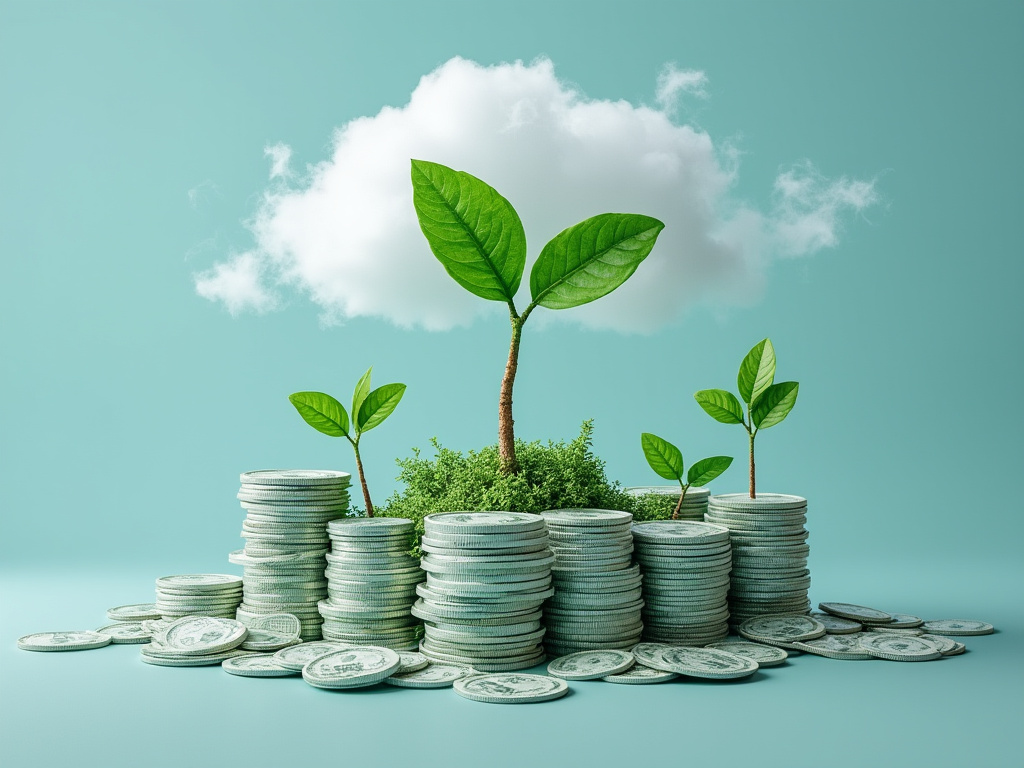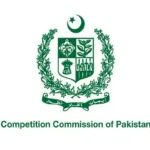Pakistan’s Finance Ministry has unveiled a new ‘Sustainable Financing Framework (SFF) 2025’ aimed at driving climate and social investments through green, blue, social, and sustainability-linked financial instruments, including bonds and Sukuks, Business Recorder reported.
According to the Finance Ministry, a Sovereign Sustainable Finance Committee, comprising officials from the Debt Office, Planning Commission, Climate Change Ministry, and the State Bank, will oversee project selection, monitoring, and impact reporting.
The framework aligns the country’s debt strategy with international market principles, facilitating access to funds for various projects, including renewable energy, clean transportation, biodiversity conservation, and social programs focused on poverty alleviation and social protection.
Under the SFF, eligible projects include solar, wind, and small hydropower, energy efficiency improvements, sustainable agriculture, clean transportation, and green building initiatives.
Social spending will focus on areas such as healthcare, education, affordable housing, employment generation, food security, and women’s empowerment.
Notably, the framework excludes financing for fossil fuels, nuclear energy, tobacco, gambling, weapons, and industries associated with child or forced labor.
The government plans to allocate at least 50% of proceeds to new projects, ensuring transparent allocation and annual reporting in line with international standards set by the International Capital Market Association (ICMA) and Loan Market Association (LMA).
The framework has received a Second Party Opinion from Sustainable Fitch, confirming its compliance with global sustainability financing guidelines.
The initiative aligns with Pakistan’s Nationally Determined Contributions (NDCs) under the Paris Agreement, which targets a 50% reduction in emissions by 2030, contingent on international support.
The Finance Ministry emphasised that the SFF provides a credible mechanism for channelling climate and social financing, enhancing resilience, and fostering inclusive growth.
Discover more from Brackly News
Subscribe to get the latest posts sent to your email.



